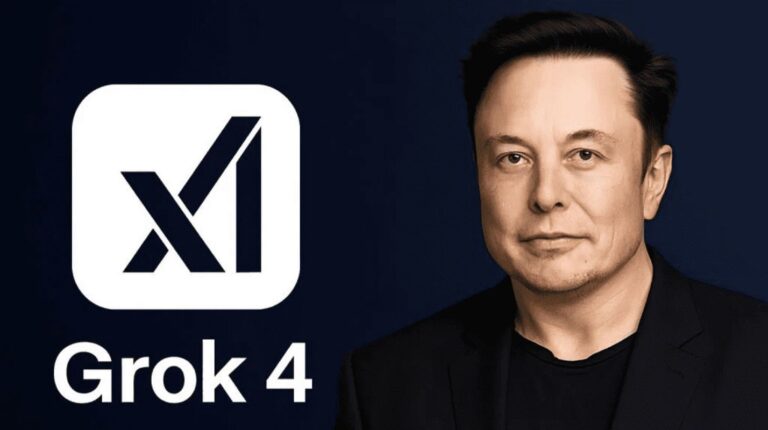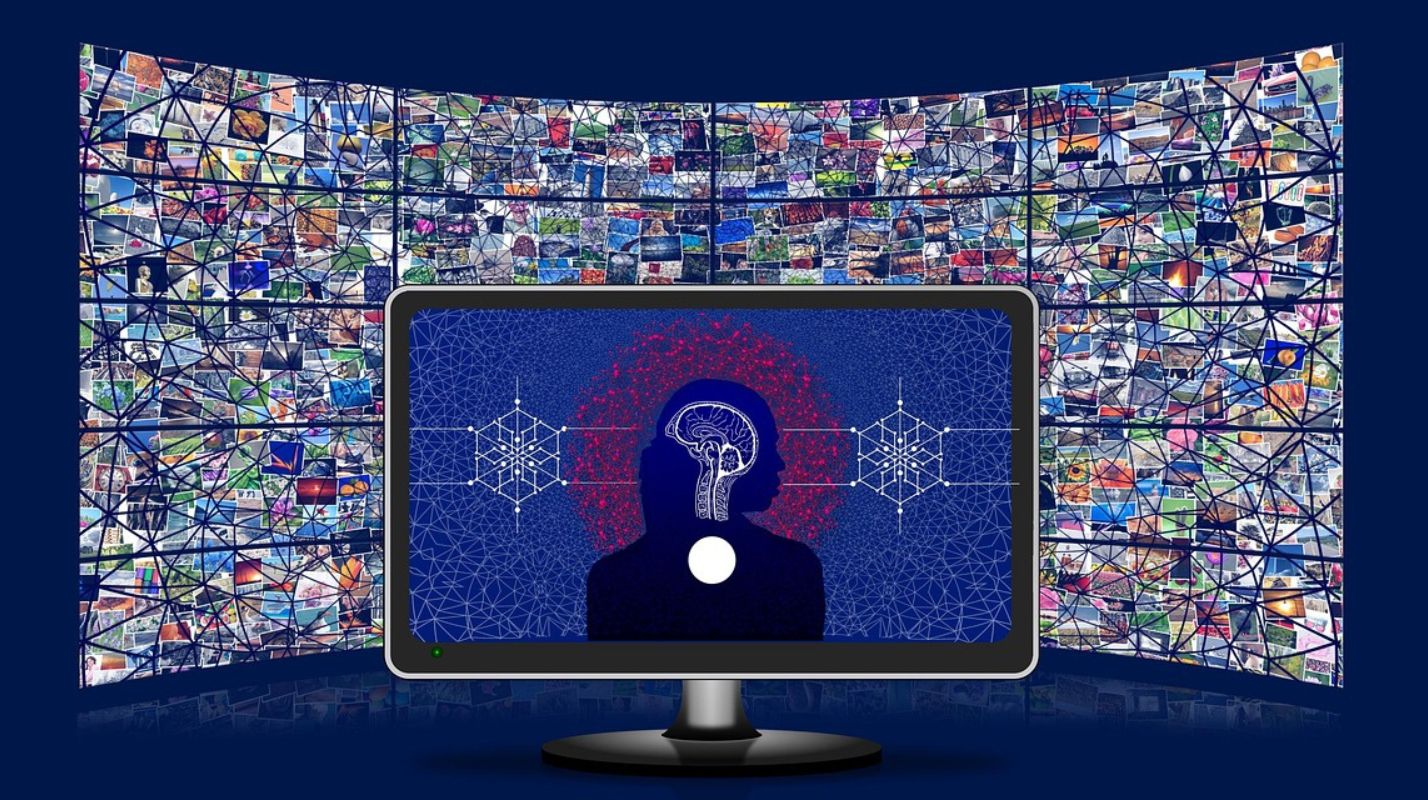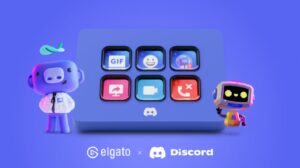Elon Musk Has Announced AI-Generated Video Game Set For 2026 Release


- Elon Musk, plans to launch a fully AI-generated video game before the end of 2026
- The project leverages advanced “world models” to create dynamic, physics-aware environments with minimal human input
- Key hires from Nvidia and a focus on training AI highlight xAI’s push into the AAA gaming space
- Industry reactions range from excitement over innovation to skepticism about feasibility
Jump to:
The Announcement Sparks Gaming Revolution Hopes
Elon Musk recently declared that xAI’s game studio will deliver a high-quality AI-generated game by the end of 2026, emphasizing the company’s goal to “make games great again.” This follows the studio’s establishment in November 2024, positioning xAI against corporate giants in the industry. The initiative aligns with Musk’s vision for AI-driven creativity, including hints at AAA-level quality as early as July next year.
Still, the current version, which has been described as the smartest AI in the world with capabilities of reasoning on a super-human level, might not even be the version fully tasked with developing the game as the next generation could be the first AI to reach AGI (Artificial General Intelligence) a hypothetical type of AI capable of human-like cognitive abilities.
“In some ways it’s a little terrifying, but the growth of intelligence here is remarkable,” Musk said in a YouTube video about the next generation of AI.
Cutting-Edge Technology: World Models At The Core
At the project’s foundation are “world models,” AI systems trained on vast datasets to simulate real-world physics, object interactions, and environmental dynamics. Unlike traditional language models, these enable the generation of 3D worlds that respond realistically to player actions, promising infinite replayability and adaptive narratives – in real time.
Recent upgrades to Grok, including enhanced image and video generation, support this by allowing rapid prototyping of game elements. The technology could extend beyond gaming to robotics, but initial focus remains on creating engaging virtual experiences.
Talent Acquisition And Development Strategy
Musk is aggressively recruiting, including experts like Zeeshan Patel and Ethan He from Nvidia, who bring experience in simulation and world modeling. Roles such as “video games tutor” are being filled to educate Grok on mechanics, design, and fun factors, with pay up to $100 hourly.

Salaries for core positions range from $180,000 to $440,000, drawing talent from both tech and finance. This hybrid approach combines AI automation with human oversight to accelerate development while addressing ethical concerns in content creation.
Grok is currently in its fourth iteration and described by Musk as the smartest AI in the world, superseding PhDs in stem subjects and social sciences. During a presentation of Grok 4, he referred to the AI’s capabilities as “terrifying.”
Skepticism And Challenges In The Gaming Landscape
Not everyone shares Musk’s optimism; Dead Space creator Glen Schofield dismissed the timeline as unrealistic, calling it “full of crap” while stressing the need for developer input in AI tools.
Schofield is an industry veteran and advocates for the use of AI as a dev tool. He recently spoke at the Gamescom Asia x Thailand Games Show and nothing but praise for AI and how it is going to impact game development in the future, and even bouncing ideas off Chat GPT.
Challenges include massive data requirements, potential quality issues like “uncanny” visuals, and ethical debates over AI training on existing games without permission. Critics worry about job losses and diminished human creativity, though proponents see it as a cost-cutting boon for AAA titles.
Beyond Games: AI Films And Future Implications
Musk’s ambitions extend to producing an “at least watchable” AI-generated film by 2026, using similar world models for cinematic storytelling. This dual focus could reshape entertainment, sparking discussions on AI’s role in art.
As Grok 4 leverages resources like its massive compute clusters, the project may democratize content creation but raises questions about authenticity in media. With ongoing hires and rapid AI advancements, 2026 could mark a pivotal year for tech-entertainment fusion.

















